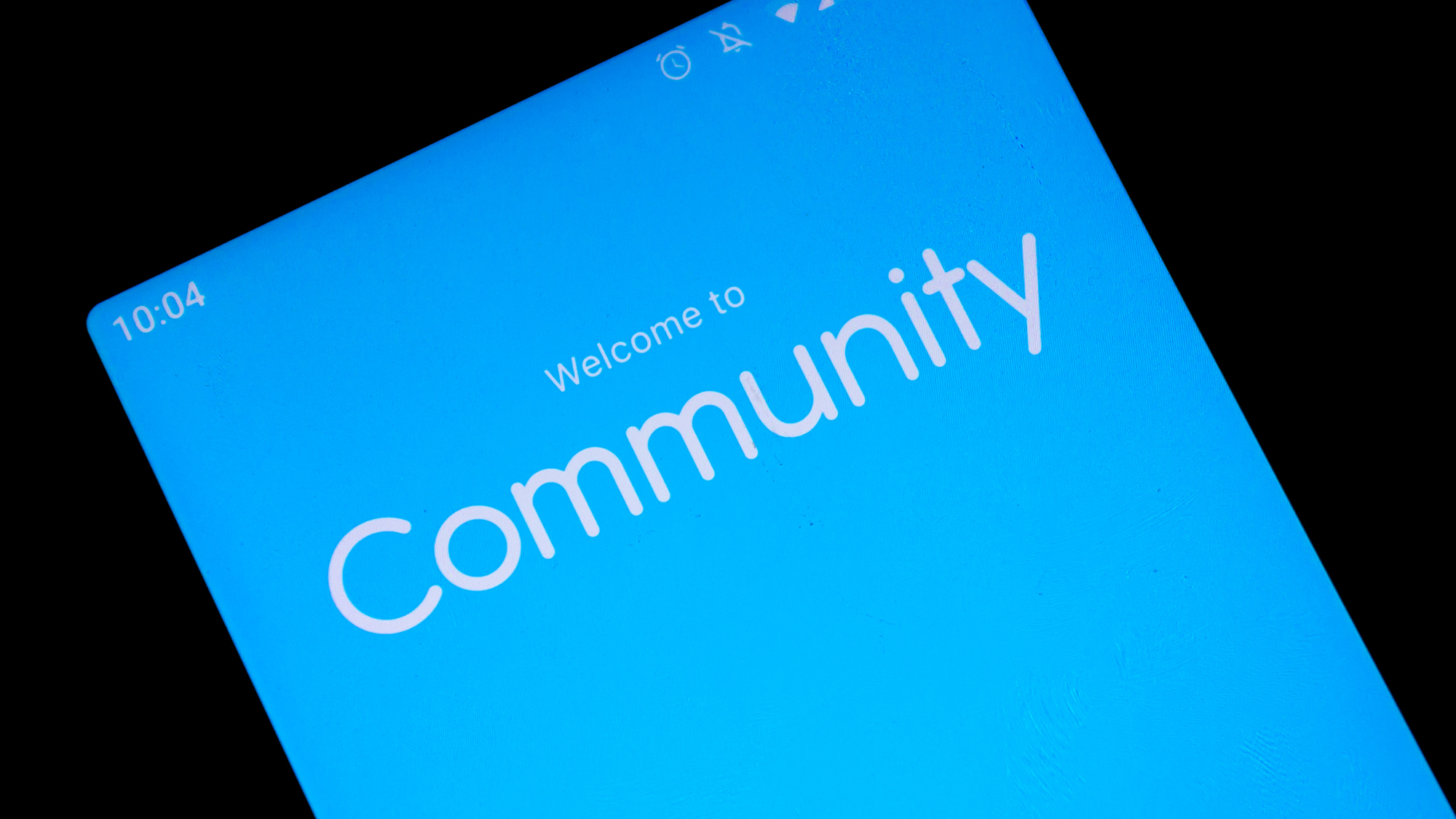Text-based marketing software, Community, partnered with Warner Music Group earlier this week in order to connect 80 artists with their fans.
The partnership is great news for Community and the abundance of other text-based marketing companies since we all carry tiny computers — our cell phones — in our pockets every day.
From a business standpoint, it makes sense to foster a “community,” no matter how parasocial, in order for artists or brands to feel more connected to fans or consumers (is there much of a difference?) and encourage them to buy things.
Text-based marketing rose during the COVID-19 pandemic because of an increase in online shopping via smartphones, according to CO by the U.S Chamber of Commerce.
“It’s a very unconventional relationship between customer and brand that we believe drives brand loyalty,” said Zak Normandin, founder and CEO of beverage company Iris Nova, to CO.
[Review: ‘Working for the Knife’ by Mitski was worth the wait]
Personally, I’m old-fashioned and would rather get a newsletter via email seemingly written by my favorite singer than a text. Transferring junk mail from my inbox to my phone’s text messages sounds like a nightmare.
Brands and people who use the platform also pay a monthly fee “ranging from $100 to several thousand dollars,” according to Variety.
In some cases, Community text sign-ups got so large that a brand that uses the service, We’re Not Really Strangers, had to tell fans to pay $1.99 per month through Community Plus, because the fee for the company to send texts had risen to $15,000 per text message, according to OneZero.
But Community striking this deal with Warner Music Group is an accomplishment that has launched it further into the public’s conscience, including artist stans who will sign up.
Instead of tweeting out into the void hoping your fave will notice you, now you can directly have a “conversation” with your favorite Warner Music artist, and the other celebrities and brands they’ve tapped into.
However, using Community is like texting that friend who only communicates with you when they need something, but instead it’s your favorite singer and they’re asking you to buy their new merch, or your favorite rapper telling you to pre-save their new single on Spotify.
There’s no intimacy in this entire situation. It’s just another way for artists to say “I love my fans, every single one of them!” — even though it’s impossible for them to individually love every one of their millions of Instagram followers. With Community they strengthen the faux, one-sided, artist-to-fan, parasocial relationship.
“Community’s model helps us cut through the noise and gives us an authentic, personal, and unique way to reach the superfans,” Scott Cherkin, senior vice president of global audience strategy at Warner Music Group, said in a statement.
David Ross, senior vice president of growth, partnerships and revenue at Community, said artists using Community “ultimately results in increased sales, greater content consumption, deeper artist affinity and additional opportunities for Warner Music’s roster and brands.”
[‘Dune’ director Denis Villeneuve has a long line of greatness behind him]
This feels ethically murky, which is a label that could be extended to all kinds of marketing. Pushing the idea that artists using Community will create a closer bond with their fans is strangely deceiving, when at most fans will be given tour presale codes and access to early merchandise drops. It’s a marketing tool, not a lifeline between music artists and fans.
Corinne Purtill from OneZero said it best: “A platform that connects people to the things and places they care about may have a place in the world after Covid. Everything else is just spam.”
For an industry that relies on the one-sided artist-to-fan relationship, are there any other options for monetization? If brands and artists don’t keep up the facade, then they lose money and support from fans. They have no other option than to keep running on the parasocial hamster wheel because when they stop, so does their career.



